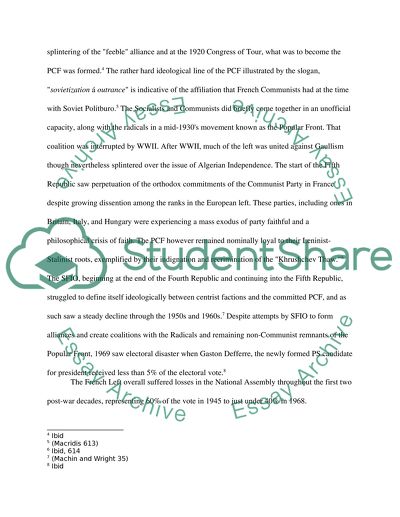Cite this document
(“French Politics and Public Policy Case Study Example | Topics and Well Written Essays - 3000 words”, n.d.)
Retrieved de https://studentshare.org/politics/1534349-french-politics-and-public-policy
Retrieved de https://studentshare.org/politics/1534349-french-politics-and-public-policy
(French Politics and Public Policy Case Study Example | Topics and Well Written Essays - 3000 Words)
https://studentshare.org/politics/1534349-french-politics-and-public-policy.
https://studentshare.org/politics/1534349-french-politics-and-public-policy.
“French Politics and Public Policy Case Study Example | Topics and Well Written Essays - 3000 Words”, n.d. https://studentshare.org/politics/1534349-french-politics-and-public-policy.


